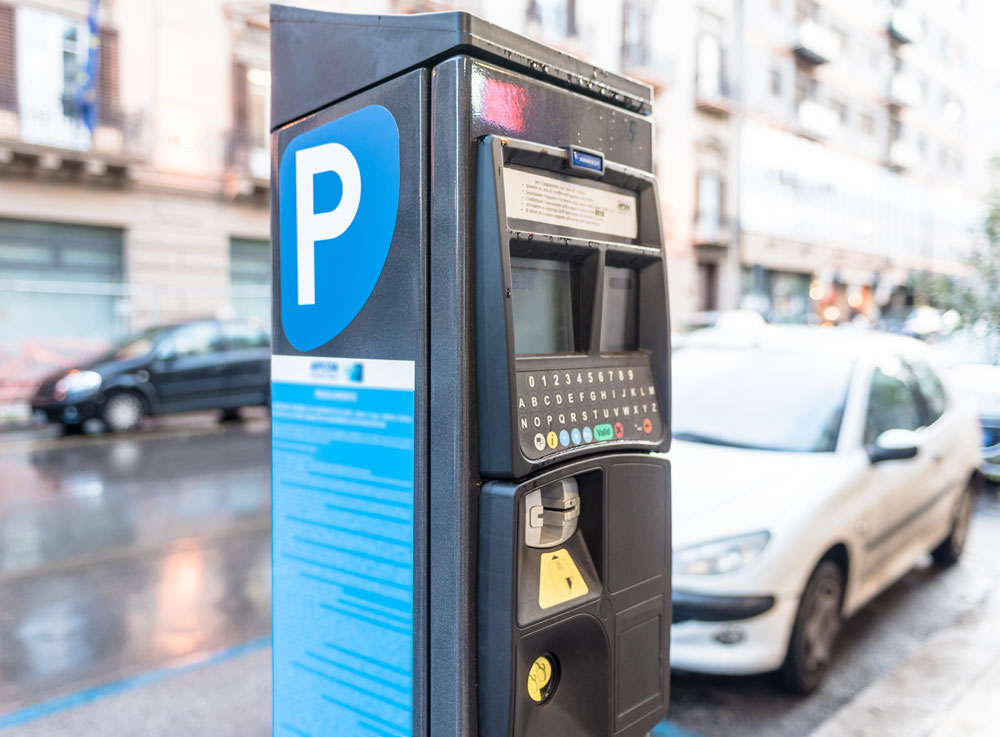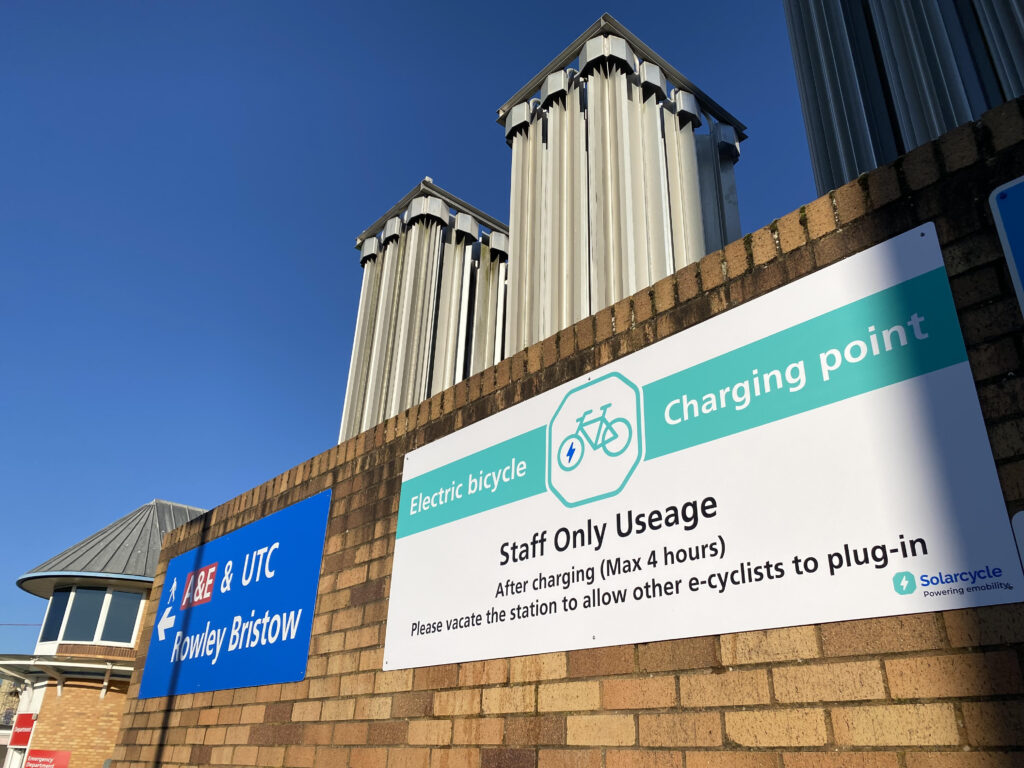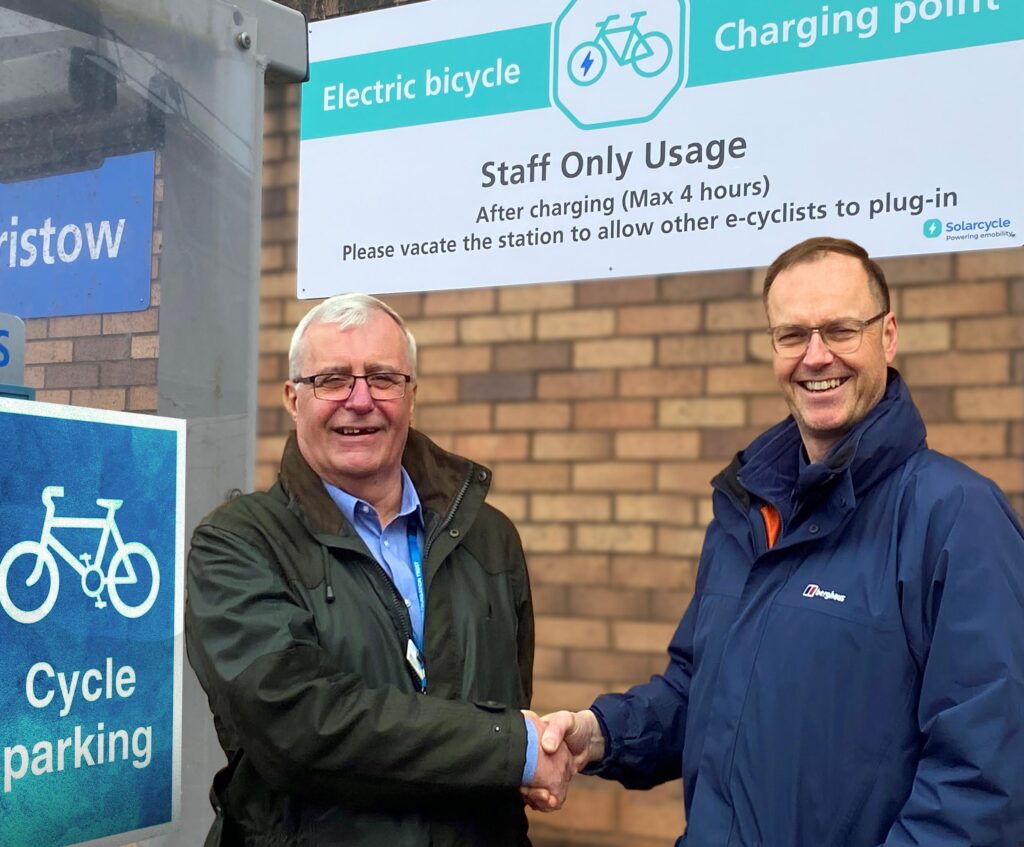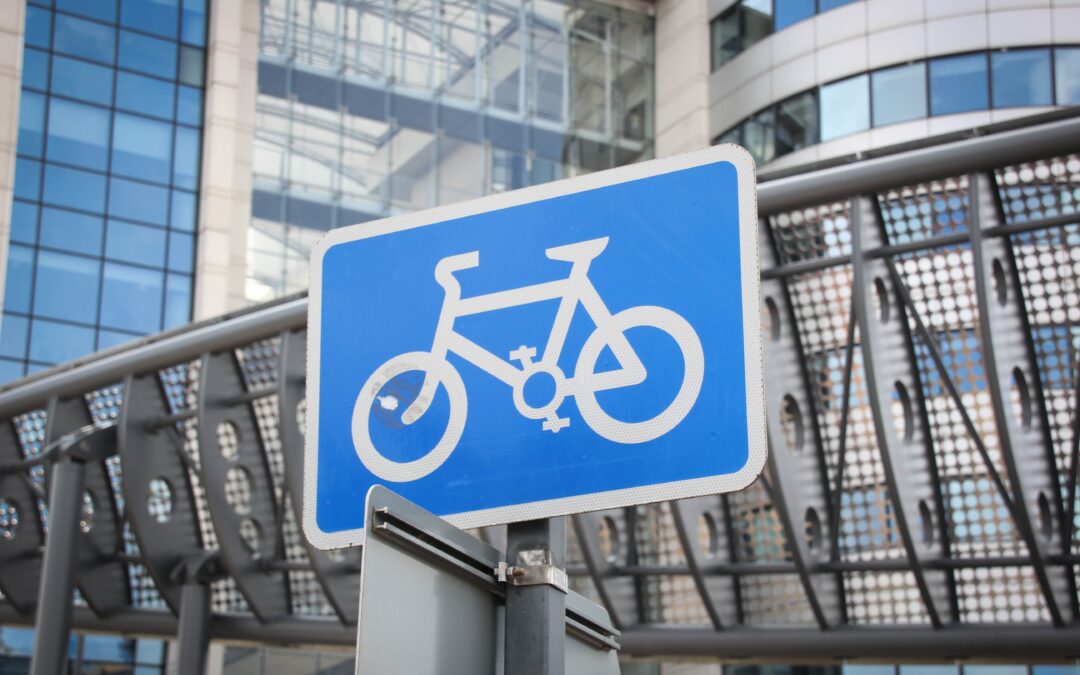
How Employers Can Promote E-bike Adoption
How
Employers
Can Promote
E-bike Adoption
There are many obvious reasons why employers should encourage their employees to adopt e-bikes for the benefit of the organisation and staff.
E-bikes are the perfect tool to attract many people, who don’t want to be a cyclist, out of the car.
- Cost savings: E-bikes can be a cost-effective mode of transportation, reducing the costs associated with car ownership, such as fuel, parking, and maintenance expenses.
- Improved health: E-bikes provide an opportunity for employees to get physical activity, reducing the risk of health problems associated with sedentary lifestyles.
- Increased productivity: By reducing stress levels and improving overall health, e-bikes can increase employee productivity and satisfaction.
- Reduced traffic and delays: Travelling by bike avoids traffic delays, so commuters arrive on time and leave the roads for cars who need to be there.
- Reduced environmental impact: E-bikes produce significantly fewer emissions than traditional vehicles, especially when they are powered by the sun, helping organisations to reduce their carbon footprint and contribute to a more sustainable future.
- Attraction and retention of employees: By promoting e-bikes, organisations can show that they care about their employees’ health and well-being and may be more attractive to environmentally conscious employees.
According to a recent report by Shimano, examining the attitudes towards e-bike usage, economic factors are seen as the strongest encouragement for buying or using an e-bike more.
Employers can implement various initiatives and programmes to help their staff switch to carbonless commuting with an e-bike. Providing financial incentives, such as tax benefits, subsidies, or bonuses, for employees who choose to commute via e-bike are seen as the most important factor. According to a recent report by Shimano, examining the attitudes towards e-bike usage, economic factors are seen as the strongest encouragement for buying or using an e-bike more. On average across Europe, 47% see the cost of living as primary motivation and 41% see purchase subsidies as an encouragement to more e-bike use.
Other benefits employers can offer are the provision of secure and convenient bike storage and free-to-use charging facilities for staff who use e-bikes. Allowing flexible work hours to accommodate the needs of e-bike commuters who may need to arrive a little earlier or later due to their mode of transportation. Partnering with local e-bike dealerships to offer discounts and special promotions to employees.
Encouraging the use of e-bikes by setting an example and promoting them as a sustainable and cost-effective mode of transportation. Offering training and support to employees who are new to e-bikes, such as safety training, maintenance workshops, cycling clubs and organised ride events. By promoting e-bike use, employers can help their staff save money, improve their health, and reduce their carbon footprint, ultimately leading to a more sustainable and cost-effective mode of transportation.
Helping employees to adopt e-bikes can have numerous benefits for both the employees and the organisation. Incentives not only make it easier for employees to adopt e-bikes, but they also show that the organisation is committed to promoting sustainable and healthy modes of transportation. By implementing such incentives, employers can create a more productive and engaged workforce while also helping to reduce their environmental impact. So, if you are an employer looking to promote e-bike adoption among your employees, you need to put in place the right incentives that make the transition easier and more appealing.
According to the Bicycle Association, the evidence shows that around half of all trips by e-bike replace a trip that would have been made by car. The time is right therefore for employers to kick-start e-bike uptake with the right incentives and be part of the wider clean transport revolution.
Helping employees to adopt e-bikes can have numerous benefits for both the employees and the organisation.











